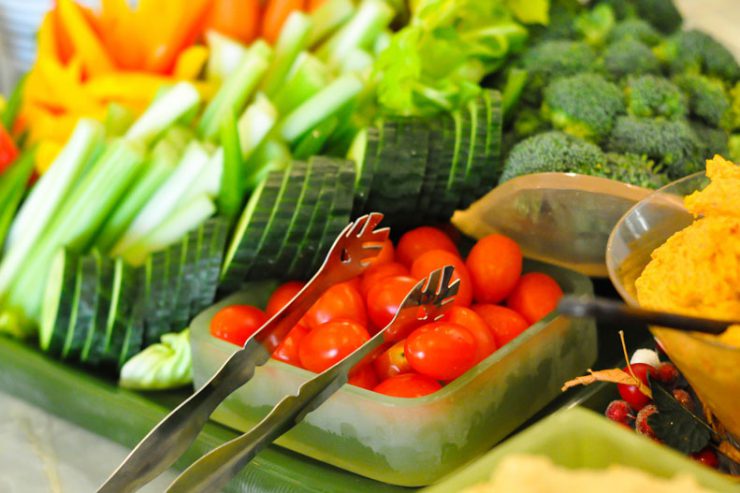Many foods contain purines (PYUR-eenz), especially:
- Organ meats
- Anchovies
- Mackerel
- Sardines
Purines make up 15 percent of the uric acid found in the body. Too much uric acid can lead to problems, including kidney stones and gout.
For this reason, doctors often recommend a low-purine diet help with these problems, and sometimes for people who have had an organ transplant.
The diet, often with medication, can lower uric acid levels. Some people can lower their uric acid levels through diet alone.
Not everyone needs to follow a rigid diet to treat gout, but avoiding foods that are high in purines may help. Check with your doctor or dietitian to see if you should follow this diet.
Never Miss a Beat!
Subscribe to Our HealthBeat Newsletter!
Thank you for subscribing!
You can now select the specific newsletters you'd like to receive.
You are already subscribed.
Subscribe to more newsletters in our email preference center.
Sorry, an error occurred. Please try again later.
Get Healthy Tips Sent to Your Phone!
Tips for Following a Low-Purine Diet
- Avoid or limit alcohol. Alcohol increases purine production. This leads to higher uric acid levels in your blood and urine.
- Limit meat to 3 oz. per meal.
- Limit high-fat foods. Fat holds onto uric acid in your kidneys.
- Eat enough carbs. They help your body get rid of extra uric acid.
- If you’re overweight, lose weight gradually. Rapid weight loss can increase uric acid levels.
- Drink 8 to 12 cups of fluid every day to help reduce kidney stone formation.
- Don’t take baker’s or brewer’s yeast as a supplement.
Low-purine Diet: Foods to Choose and Avoid
Use the charts below for foods to choose and avoid when following a low-purine diet.
| Breads, Cereals, Rice, and Pasta | Choose | Avoid |
|---|---|---|
|
|
|
| Fruit | Choose | Avoid |
|---|---|---|
|
|
|
| Milk and Dairy Products | Choose | Avoid |
|---|---|---|
|
|
|
| Vegetables | Choose | Avoid |
|---|---|---|
|
|
|
| Meats, Poultry, Fish, Dried Beans, Peas, Eggs, and Cheese | Choose | Avoid |
|---|---|---|
|
|
|
| Fats, Condiments, and Drinks | Choose | Avoid |
|---|---|---|
|
|
| Snacks, Sweets, and Desserts | Choose | Avoid |
|---|---|---|
|
|
Sample Menu for a Low-Purine Diet
| Breakfast |
|
|---|---|
| Lunch |
|
| Dinner |
|
About Urology
The UPMC Department of Urology offers a wide variety of specialized care for diseases of the male and female urinary tract and the male reproductive organs, including erectile dysfunction, kidney stones, urinary incontinence, prostate cancer, and more. We have a multifaceted team of physicians and researchers working together to provide the best care to both children and adults. Our team is nationally renowned for expertise in highly specialized technologies and minimally invasive surgical techniques. To find a provider near you, visit our website.
